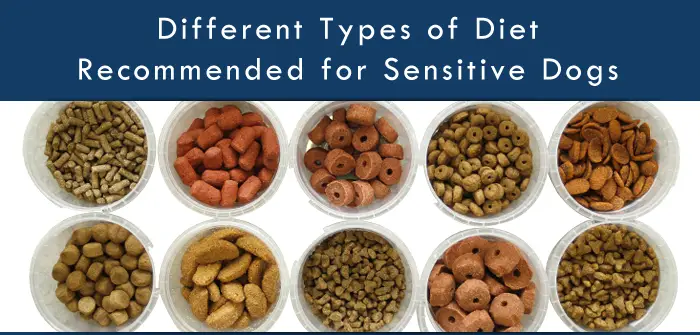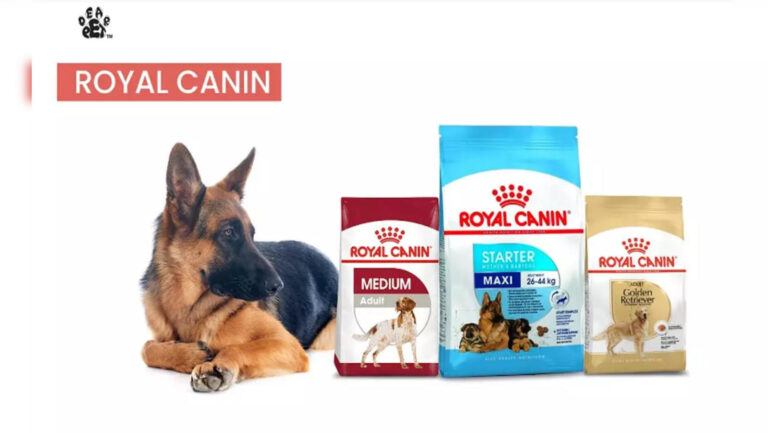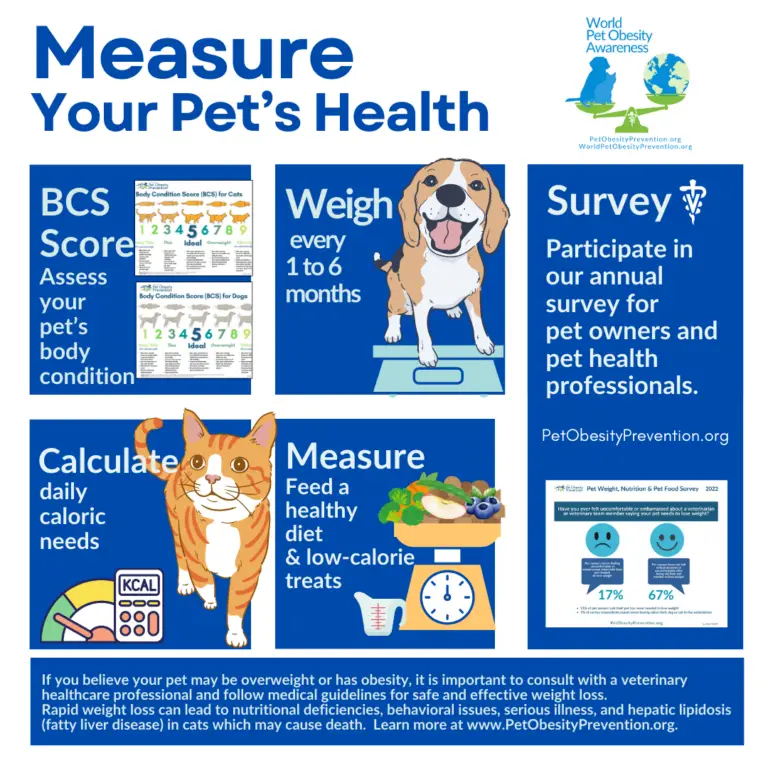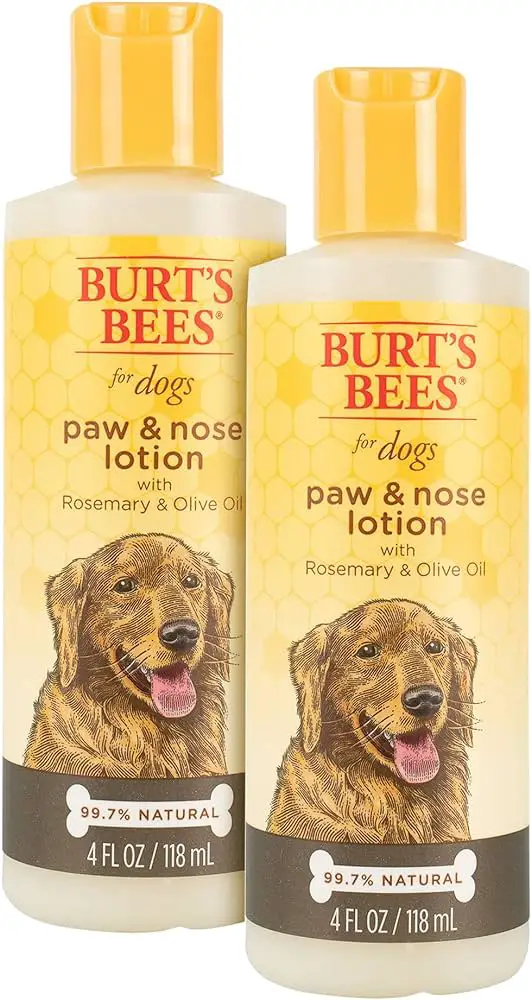Why Nutrients Change Based on the Animal’s Life Stage
Understanding the nutritional requirements of our pets is not a one-size-fits-all equation. Just as humans need different nutrients and quantities at various life stages, our beloved fur companions require tailored diets across their lifespans. Pet owners must grasp the nuanced shifts in dietary needs to ensure their pets lead healthy lives.

In this blog post, we’ll explore why nutrients are paramount for pet health and examine how these crucial elements fluctuate with a pet’s growth, activity level, and aging process. If you’ve ever wondered why your pet’s food labels are so specific, this post is for you.
Understanding Animal Nutritional Needs
To appreciate the depth of changes in pet diets, it’s vital to understand what these nutrients are and why they matter. The core nutrients are proteins, fats, carbohydrates, vitamins, and minerals, each serving a distinct role in your pet’s overall well-being.
Proteins
Proteins are the building blocks of life, essential for the growth and repair of body tissues. They also play a crucial role in the production of enzymes and hormones.
Fats
Fats provide a concentrated source of energy and are necessary for the absorption of fat-soluble vitamins. They also help maintain healthy skin and a shiny coat.
Carbohydrates
Carbohydrates serve as the primary energy source for the body and are easily digestible for pets.
Vitamins
Vitamins are organic substances that regulate essential body processes, from tissue maintenance to the immune system.
Minerals
Minerals are inorganic elements that play key roles in numerous physiological processes. These range from maintaining fluid balance to maintenance of the skeletal system and more.
Factors Influencing Nutrient Requirements
The dietary needs of animals can be influenced by a myriad of factors, such as breed, size, and activity level. It’s not just about age; a sedentary adult dog will have different dietary needs than one that accompanies its owner on long runs.
Breed and Size
Small breeds and large breeds can have vastly different nutritional needs, particularly when it comes to managing energy intake.
Activity Level
An active lifestyle requires more calories and specific nutrients to fuel bouts of high-energy activities.
Nutritional Requirements for Puppies and Kittens
Puppies and kittens are like the Olympic athletes of the animal world—they grow rapidly and have very demanding nutrient requirements.
Protein
Young pets require a robust protein intake to support the quick growth of muscles, organs, and tissues.
Fats
Fats provide a concentrated energy source for these high-energy demands as well as contribute to brain development.
Calcium and Phosphorus
These minerals are integral for bone growth and development.
Energy
Puppies and kittens need a higher calorie intake than adult pets, as they are more active and their bodies are rapidly developing.
Nutritional Requirements for Adult Pets
When pets reach adulthood, their growth plates close, and their nutritional needs shift to sustaining and maintaining body functions.
Balanced Nutrition
A balanced diet is crucial at this stage to prevent obesity and other health issues.
Proportions
The proportions of nutrients also become important. High-quality proteins continue to be essential, but the focus on fats changes to better-quality sources, helping to manage energy levels and maintaining healthy skin.
Nutritional Requirements for Senior Pets
Senior pets often deal with mobility issues and a slowing metabolism, which requires adjustments to their dietary intake.
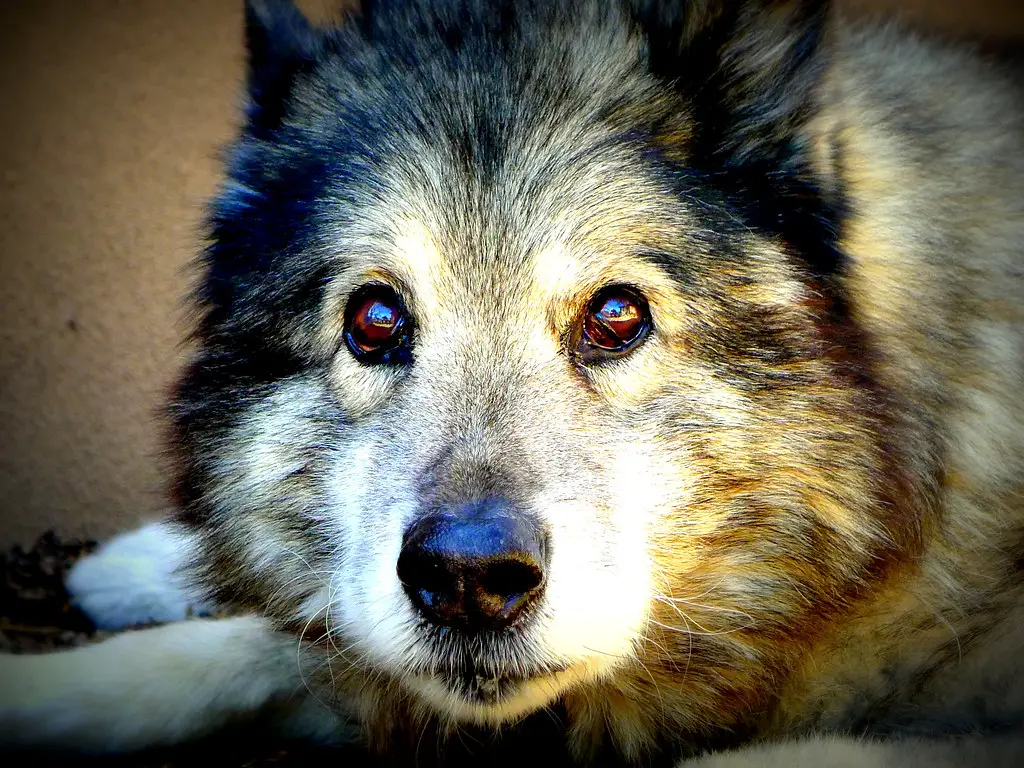
Protein and Amino Acids
To maintain muscle mass, aging pets need higher levels of easily digestible proteins and specific amino acids.
Antioxidants and Omega-3 Fatty Acids
To combat the effects of aging and support cognitive function, diets should be rich in these elements.
Tips for Providing Optimal Nutrition
Understanding your pet’s nutritional needs is a great first step, but how do we put this knowledge into practice?
Read Labels
Look for complete and balanced formulas designed for each stage of life, or if your pet has special needs, consider special diets catering to those requirements.
Portion Control
Know the right amount to feed your pet. Overfeeding can lead to obesity and the health problems that come with it.
Fresh Water
Ensure your pet has access to fresh, clean water at all times. Hydration is as crucial as diet.
Regular Veterinary Consultations
Regular vet visits can help you stay on top of your pet’s changing nutritional needs and provide any diet adjustments when necessary.
Conclusion
Understanding the dynamic nature of pet nutrition is not merely informative; it’s vital for promoting a long and healthy life for our faithful companions. By staying informed about these changes and factors, pet owners can ensure the nutritional content of their furry friend’s diet accurately meets their life stage requirements. The investment in a proper diet today can mean a world of difference for their health tomorrow.


